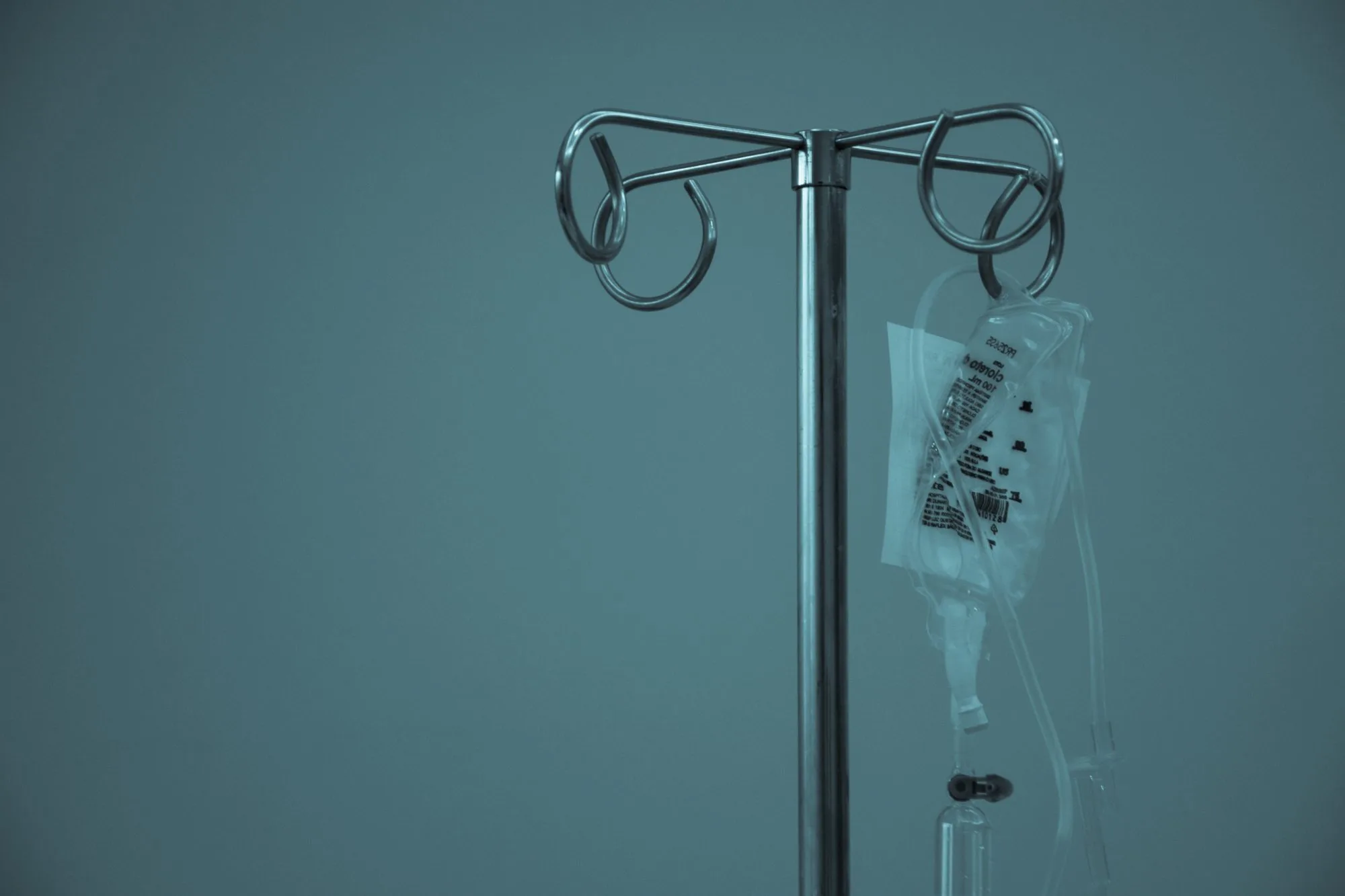We’ve all woken up after a night of too much fun and wished that someone or something out there would just restore our bodies to prior to that night and make us feel like new. Some think they have the answer to recovering from their hedonistic lifestyles in form of the IV (intravenous) vitamin therapy. Even celebrities like Rihanna, Madonna and Simon Cowell have also reportedly received vitamins this way.
But what is the Intravenous (IV) vitamin therapy?
Intravenous (IV) vitamin therapy is a method of administering vitamins and minerals into the bloodstream.
Clinics offering this kind of therapy claim that vitamin injections boost your energy levels, stimulate the immune system, and help with stress and sleep problems. They also recommend it for a wide range of conditions including:
- cancer,
- hypertension,
- asthma or depression, and
- apparently the formula of vitamins is customized depending on your needs.
The clinics inform their clients that: “By directly administering nutrients to the body higher than normal blood levels can be achieved. These increased levels can provide an immediate therapeutic response by correcting deficiencies that may arise from a disease state.” (The Rothfield Center 2014).
Does this treatment work?
It’s important to mention that there have been no clinical studies performed to show that the IV vitamin therapy offers any health benefit or is necessary for good health. In addition, both short- and long-term impact on health is unknown. In an alternative therapy journal, Alternative Medicine Review, IV nutrient therapy has been reported to be more effective and better tolerated than conventional medical therapies for conditions such as asthma attacks, migraines, fatigue (including chronic fatigue syndrome), fibromyalgia, acute muscle spasm, upper respiratory tract infections, chronic sinusitis, seasonal allergic rhinitis, cardiovascular disease and other disorders; however this is based on anecdotal evidence (Gaby 2002). To date there is no robust evidence from human clinical trials showing any positive health effects. The only published trial on their use (in fibromyalgia) showed no benefit.
Vitamins and minerals are found in foods and are consumed alongside other nutrients in the food matrix. In healthy individuals, the digestion and absorption of food is regulated to release nutrients into the bloodstream from the gut and from the liver. If nutrients bypass this natural process and are injected directly into the bloodstream in high doses, it could potentially cause harm.
To date, the medium- and long-term effects are unknown.
Yes, there are indeed population groups that in some situations may benefit from a supplement of specific nutrients. For example, pregnant women, or those trying to conceive, who are recommended to take 400 µg /day of folic acid; however, such supplements are always given orally.
Intravenous nutrients are used in hospitals for patients who are too sick to eat, to help keep them alive or to correct the adverse effects of various deficiencies. However, the type of such treatments and the amount given needs to be carefully assessed and monitored by use of appropriate blood tests.
It is well established that vitamins and minerals can be harmful in excess, especially fat soluble vitamins that are stored rather than excreted by the body. For example, large amounts of vitamin A can cause liver and bone damage. Doses of vitamin A in excess of 100 times the required amount will overwhelm the liver’s storage capacity, inducing toxicity and causing liver disease. The condition is known as hypervitaminosis A, which can cause the following symptoms: dry lips; dry nasal membranes and dry eyes, dry skin, with flaking, peeling and scaliness; hair loss and brittle nails; headache; nausea and vomiting, increased tendency to hip fracture; and embryo-toxicity if an unborn child is exposed to excess vitamin A. The toxic doses are 200 mg in adults and 100 mg in children. Chronic intake which can lead to damage: doses exceeding 10 times the RDA (Recommended Daily Allowance) or NRV (Nutrient Reference Value) in adults and children which in South Africa, for vitamin A for persons older than 4 years is 900 microgram/day.
Very high doses vitamin E may interfere with the absorption of other vitamins. Doses exceeding 100 times the recommended intake or 1 000 mg/day can lead to inability to use the other fat-soluble vitamins (A, D and K) and have been linked to an increase in death due to cardiovascular disease, joint disease and cancer. Until researchers have determined exactly how much vitamin E can lead to increased mortality and morbidity, it is safer not to exceed the recommended intake.
Excessive doses of vitamin K may cause haemolytic anaemia and jaundice in infants. Any patient using blood thinners such as warfarin or their daily aspirin to prevent blood clots, should discuss excessive intakes of vitamin K with their doctors because vitamin K counteracts the effect of such medications.
Vitamin B12 deficiency anaemia, which is reported to be treated or prevented by intravenous infusions, is usually treated with intramuscular (not intravenous) injections of vitamin B12 (NHS Choices 2014). Intravenous therapy is unnecessary.
Very concerning is also the fact that the clinics providing these IVs don’t have access to their clients’ medical records so they would be unaware of any pre-existing conditions that may be adversely affected by these injections or any other contraindications.
You could be unknowingly receiving excess nutrients that could have severe health implications.
It is possible to have ‘too much of a good thing’ and it is for this reason, that safe levels for oral intake of vitamins and minerals have been established, which take into account the proportion that is absorbed. Compared to the dietary route, far less is known about appropriate dose levels or combinations and about the potential toxic effects if the gut is bypassed.
Injecting anything into the blood stream also comes with risks such as ‘air bubbles’ in the syringe that can transfer to the blood stream, allergic reactions and infection, which are more likely to occur if the person administering the injection is not properly qualified. At present, there are no regulatory processes governing safety in such clinics. Vitamins should only be administered via the veins by qualified health professionals, to people who are too ill to feed themselves or those that have been diagnosed by their GP or medical specialist as having severe (typically single nutrient) nutritional deficiencies.
It is evident that taking very large doses of vitamins via intravenous drips is a bad idea, as having the vitamins enter your body via a drip may make the situation even worse. Please disregard this type of treatment, unless it has been specifically prescribed to you by a medical doctor who monitors your treatment.
Who is the writer?
Dr Anushka Reddy has over 15 years of experience as a medical doctor and anti-aging and aesthetic specialist. She is the owner of the Medi-Sculpt treatment centers, which specialize in non-invasive and non-surgical cosmetic treatments and procedures. Click here to find out more about these centers and Dr Reddy’s work.






![women [longevity live]](https://longevitylive.com/wp-content/uploads/2020/01/photo-of-women-walking-down-the-street-1116984-100x100.jpg)










